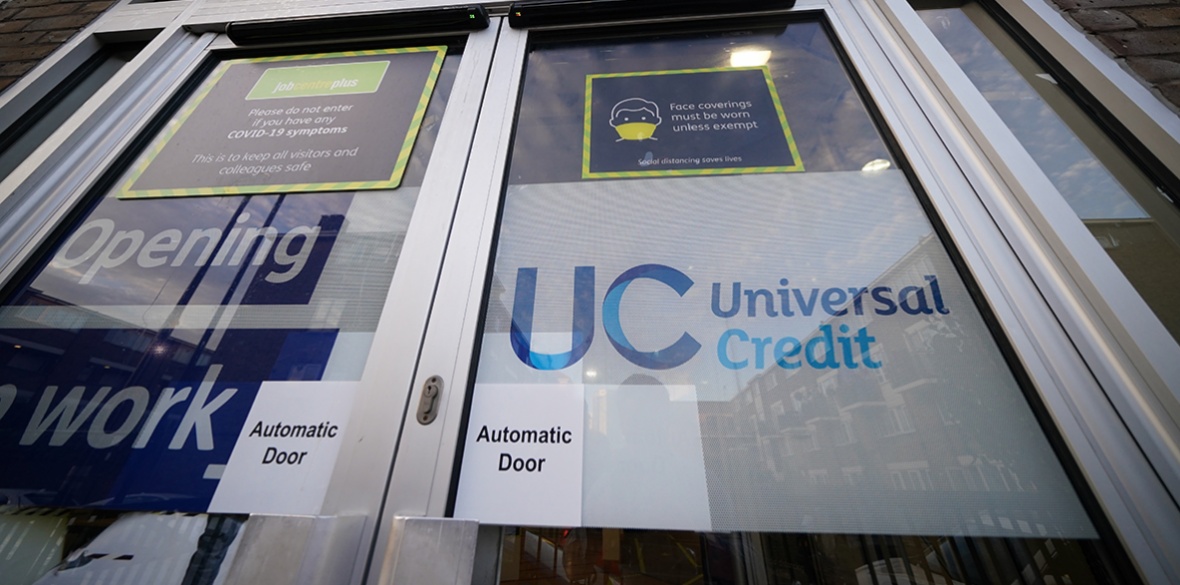This is the last article you can read this month
You can read more article this month
You can read more articles this month
Sorry your limit is up for this month
Reset on:
Please help support the Morning Star by subscribing here
THE number of austerity-hit key workers relying on universal credit has skyrocketed by an eye-watering 155 per cent since the start of the Covid-19 pandemic, the GMB warned today.
Between late 2019 and the end of last year, those relying on the increasingly miserly payments to make ends meet rose by a staggering 119,000, the general union said.
Its analysis of Office for National Statistics Labour Force Survey data reveals that in the last quarter of 2019, just months before the first coronavirus lockdown was imposed in March 2020, 76,803 public-sector workers were claiming universal credit.
But by the last three months of 2022, the figure had nearly trebled to a whopping 195,772.
The study, published on the third day of GMB’s 2023 Congress in Brighton, shows the growing scale of in-work poverty as Tory ministers continue to deny key workers inflation-proof pay rises, despite food prices soaring at their fastest rate for almost 50 years.
The union’s national secretary Rachel Harrison blasted the findings as a “disgrace.”
She added: “It’s a stain on the honour of our nation that so many public-sector staff have to rely on working benefits to get by.
“NHS staff, care workers, school staff, and the council workers who keep our towns and cities alive. Surely these people should be paid enough to feed their families and keep a roof over their heads without relying on universal credit.”
Massive industrial action over the last 12 months, which has seen the biggest strike wave to sweep Britain since the 1980s, shows that “people are refusing to take in-work poverty lying down, yet this government doesn’t seem to have learnt its lesson,” Ms Harrison stressed.
Addressing delegates in the Brighton Centre, GMB member Mark Bowler said: “The poorest 20 per cent in Britain are now poorer that the poorest 20 per cent in Poland.
“That’s a sad indictment and just not good enough.”
He also blasted “rabid Tory economic policies which have pushed this country to the brink of despair.”
Downing Street has repeatedly said that there is “no more money” for desperately under-funded public services, despite 13 years of austerity.
But the claim has not stopped ministers suddenly finding extra cash when the pressure brought by huge strikes across the NHS, schools, the Civil Service and elsewhere has become irresistible.











